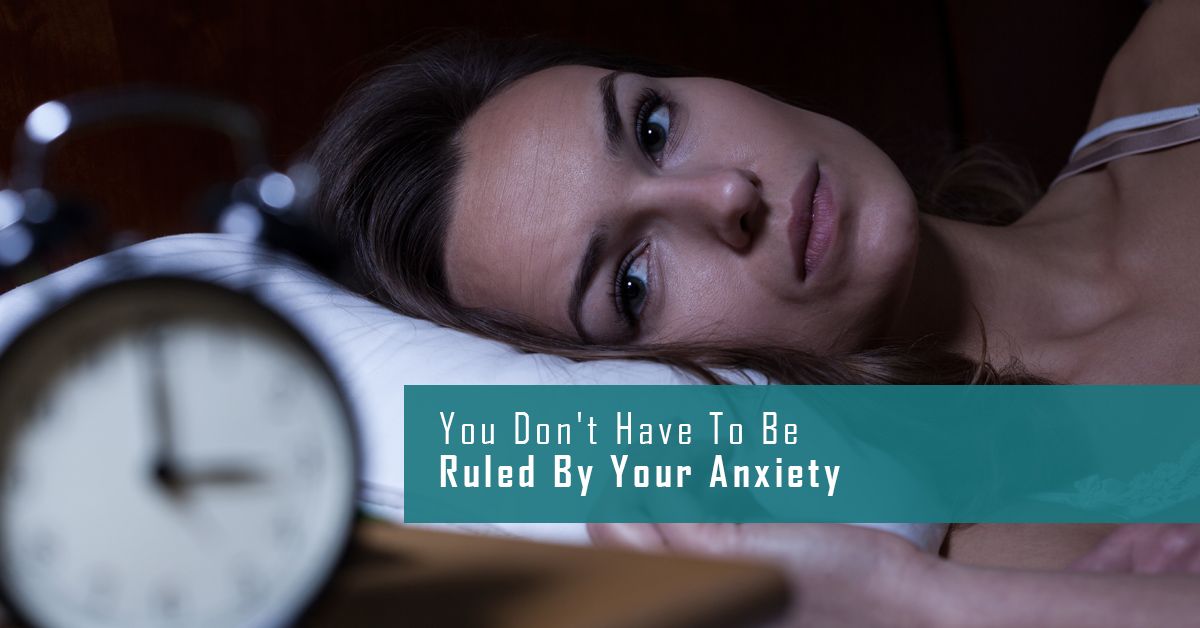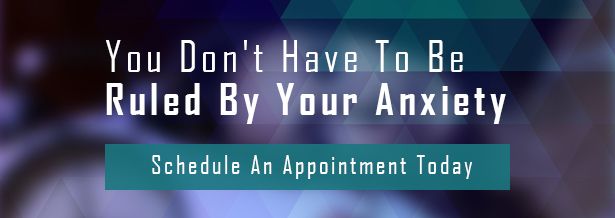When you have an anxiety disorder, every day is living in a storm of debilitating, worried thoughts. While not every anxiety disorder is the same and everyone experiences it differently, it may comfort you know that you’re not alone; it is estimated that 19 percent of Americans experience severe anxiety. Anxiety can be incredibly paralyzing, making it difficult to function. Fortunately, there are certain ways you can potentially reduce your anxiety symptoms. Many people find that therapy and/or medication help to manage their anxiety, but this should also always be paired with certain self-care measures. In this blog, we will go over some self-care measures you can put in place in your daily life to help you cope with your symptoms.

A Self-Care Guide To Living With Anxiety
Don’t Neglect Your Physical Health
Many people do not realize how inextricably the mind and body are linked. When your physical health is not good, your mental health suffers as well. If you don’t take care of yourself, the symptoms of your anxiety disorder often get worse. Therefore, it is important to prioritize your physical health with your mental health.
- Get enough sleep. Anxiety often keeps you up at night, but unfortunately, not getting enough sleep aggravates anxiety symptoms. Improve your sleep quality by avoiding screens for an hour before bed, keeping a regular sleep schedule, and drinking cherry juice, which is a natural source of melatonin, the sleep hormone.
- Eat a balanced diet. That Twinkie might comfort you in an anxious moment, but it may be impacting your mood. Similarly, your anxiety may deplete your appetite, causing you to skip meals; however, it is in your best interest to keep your blood sugar as stable as possible. When you feel the need for sugar, try eating fruit instead of a sugary pastry. If you are having trouble eating, try drinking a smoothie to fill your stomach.
- Exercise. Exercise can be extremely helpful in managing anxiety. Incorporate 3 to 5 workouts into your week for general maintenance of your anxiety disorder, and if you are feeling anxious, try going for a bike ride or a run and see if your symptoms improve.

Talk It Out
Sometimes, anxiety makes it difficult to imagine reaching out to others. Your anxiety may tell you that you can’t express a certain thought because no one would understand. However, given how common anxiety disorders are, chances are, there is someone in your life who would understand, or at least loves you enough to try. Talking to someone you trust about what is making you anxious can feel like a weight lifting off your chest. Suddenly, your anxious thoughts feel smaller and like less of a burden. When you are feeling anxious, try reaching out to a loved one to talk about it.
Breathe
When anxious, it is typical for your breath to become more shallow, only further aggravating your anxiety symptoms. Breathing exercises work by calming the mind and giving you a greater sense of control. Breathing also draws you back into the present, which can prevent you from worrying about the future. Try this next time you feel anxious: deeply inhale for five seconds, hold your breath for five seconds, then exhale for five seconds. Repeat until you feel your heart rate slow and you feel calmer.
If you suffer from an anxiety disorder or suspect that you might, contact Dr. Angela Reiter & Associates. As anxiety experts, we can help you work to the source of your anxiety and provide the treatment you need.
